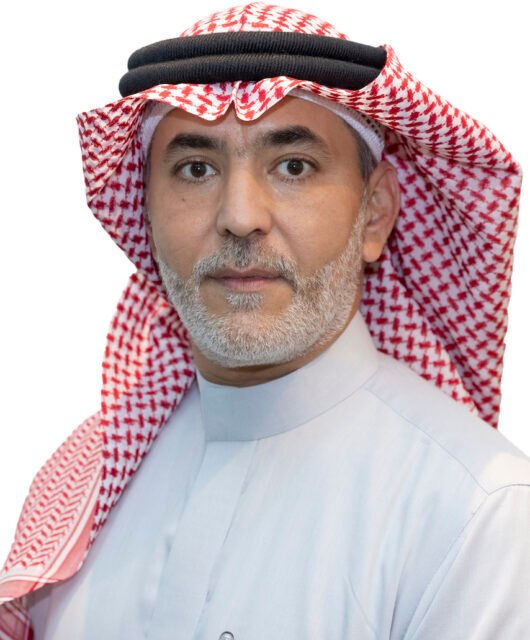MENA Fintech Hubs Must Build On Billion-Dollar Momentum To Deliver Economic Growth And Diversification
- Strategy& analysis shows sustainable fintech growth will boost financial services and the GCC’s overall ambitions of economic diversification and increased innovation
- Number of fintech hubs in the GCC has risen from just one in 2018 to four in 2022
- Volume of late-stage funding rounds has almost doubled in the last five years
Dubai, UAE, 17th November 2022: The GCC has cemented its position on the map as a center for financial technology (fintech) in recent years. But the region cannot afford to rest on its laurels and must build on the momentum by encouraging fintech entrepreneurs, accelerating and easing access to venture capital (VC), and forming new strategies to resolve the growing digital talent shortage, according to Strategy&, Middle East, part of the PwC network.

New fintech hubs have emerged across the region, funding dynamic small companies, and taking a growing number of them public. In 2021 alone, the volume of late-stage funding rounds totaled $2.5 billion – almost double the amount five years ago.
This growth is catalyzed by a growing number of fintech hubs in the GCC, which has risen from just one in 2018 to four in 2022: the Abu Dhabi Global Market, Bahrain Fintech Bay, Fintech Saudi, and the FinTech Hive at the Dubai International Financial Centre.
According to the report, the region’s fintech success so far is partly due to a favorable regulatory environment. Bahrain, Saudi Arabia, Qatar, and the UAE have all designed national fintech strategies and set up government-sponsored accelerators and incubators. Regulatory ‘sandboxes’ have allowed room for experimentation, and the availability of government funding and widespread access to broadband, including high smartphone penetration, have also contributed.
However, the region should not rest on its laurels. “Despite encouraging growth in the fintech sector over recent years, the challenge for GCC countries is to build on this momentum if the sector is to become stronger and more sustainable,” said Jorge Camarate, Partner with Strategy& Middle East, and the leader of the firm’s Financial services practice. “The fintech sector has enormous potential for widespread socioeconomic impact beyond financial services and, as such, has the potential to increase economic diversification and sustainable economic growth. However, there are several challenges to be overcome,” he added.
Commenting on the competitive nature of global fintech development, Dr. Antoine Khadige, Principal with Strategy& Middle East said: “Strengthening fintech in our region requires more private-sector involvement and greater efforts to fill gaps in the fintech ecosystem. Scaling up is essential and difficult, given the fragmented regional market. There needs to be easier access to capital, including through increased venture capital (VC) funding. But perhaps equally as challenging globally and here in the Middle East is the increasingly problematic shortage of digitally literate and experienced talent.”
Talent is essential
The analysis by Strategy& suggests that resolving the talent shortage is a long-term undertaking. Governments, fintech providers, and others must work with regional educational institutions to deepen the regional talent pool with requisite tech and support services skills. Attracting international talent requires new incentives and recruiting campaigns – and it is suggested that a reconsideration of labor policies may also make it easier and more attractive to work in the GCC.
Regulatory enablement
Governments have played an instrumental role in enabling the growth of GCC fintech. While private-sector players have become increasingly involved as the market has developed.
“Both government and business must now do even more to ensure that GCC fintech grows stronger and more sustainable, and is globally competitive,” said Patricia Keating, scale lead with PwC Middle East. “Key actions include efforts to overcome market fragmentation and achieve scale, strengthen capital markets, and attract more talent. The future market size for GCC fintech will depend primarily on how successfully the region can overcome regulatory and operational issues.”
GCC countries have done well thus far in their fintech story. Consolidating and building on those achievements will allow the region to remain a vibrant player in a dynamic global industry. Writing the next chapter will require continued focus and no letup in support.





